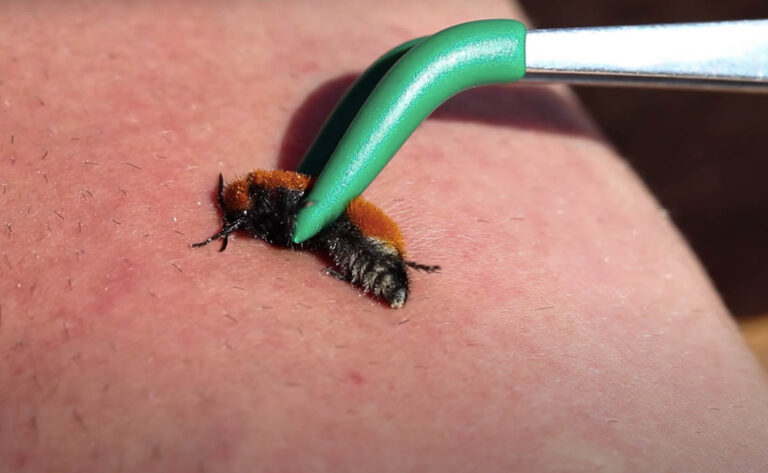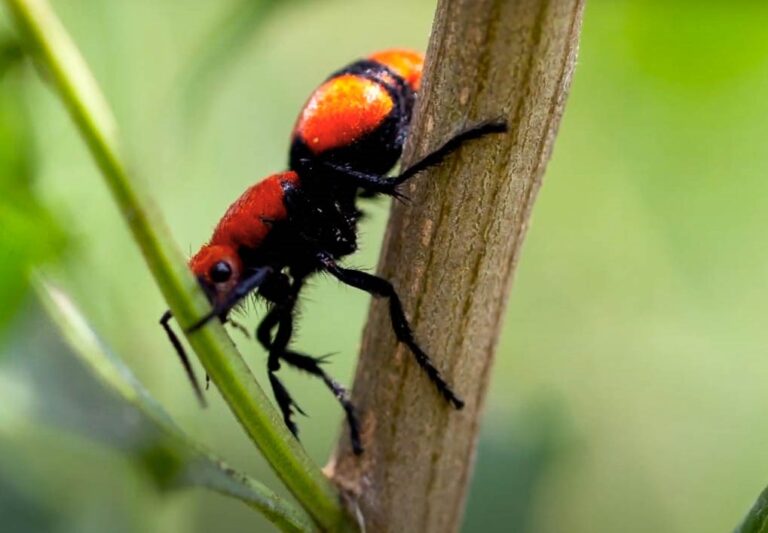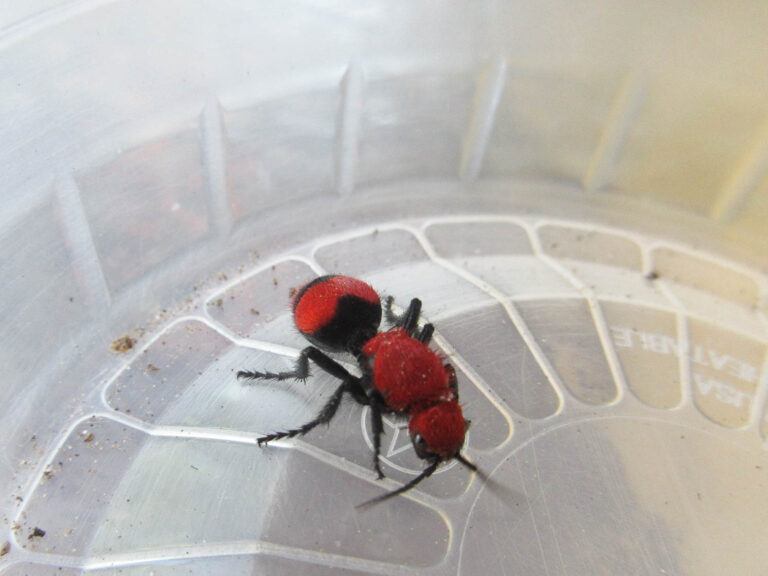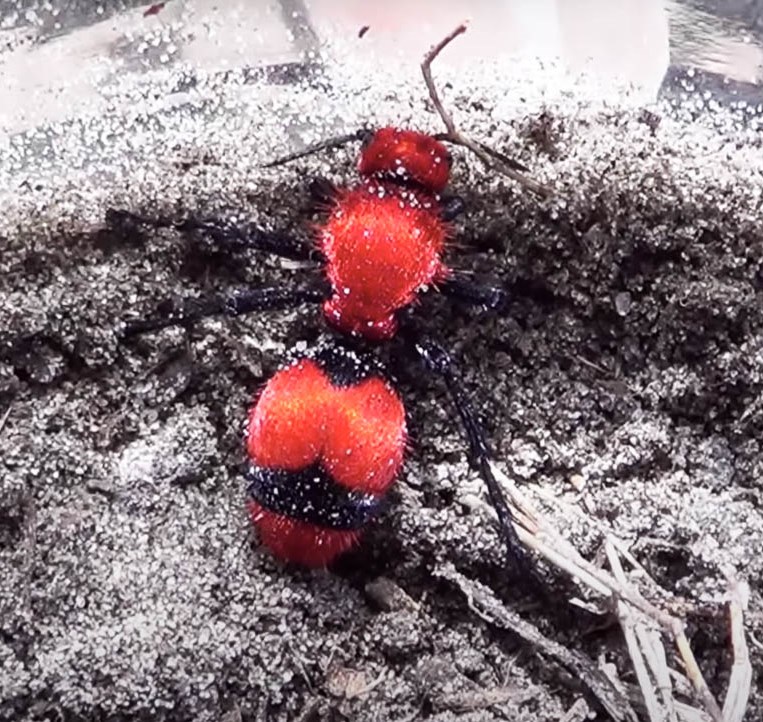What attracts velvet ants?
What Attracts Velvet Ants?
Velvet ants are notable for their striking appearance. Covered in a dense fur of orange and black hairs, you can readily spot them roaming through the undergrowth. However, despite the fun and colorful appearance, velvet ants pack a powerful punch. Females, who are confined to the ground, have a potent stinger that is renowned for the pain it inflicts. On the sting pain index, it ranks a formidable three out of four. To put that in perspective, a regular bee sting is a lowly one.
As such, these creatures are best avoided.
Thankfully, velvet ants are solitary animals. Despite their name, they’re actually wasps. But they don’t build nests or socialize, except to mate. So, you’re unlikely to be faced with an overwhelming swarm of velvet ants on your property.
Still, if you own pets or have small children, it can be sensible to minimize your chances of attracting velvet ants. They’re simply more trouble than they’re worth.
Where are they found?
First up, where are velvet ants most commonly found? Their preferred habitat is in fields, meadows, and lawns. They are parasitic, by nature. So, will hunt for the nests and hives of beetles, bees, and other species of wasps. Therefore, the most common attractant for velvet ants is the presence of other insects, particularly nest-building insects.
They’re also most commonly found at dusk or night. This is the time when they are most active. So, this is the time you’re most likely to come across them.
Alongside eating insects, they’ll also consume nectar and water from certain species of flower. If your garden has milkweed, this can be one particular attraction.
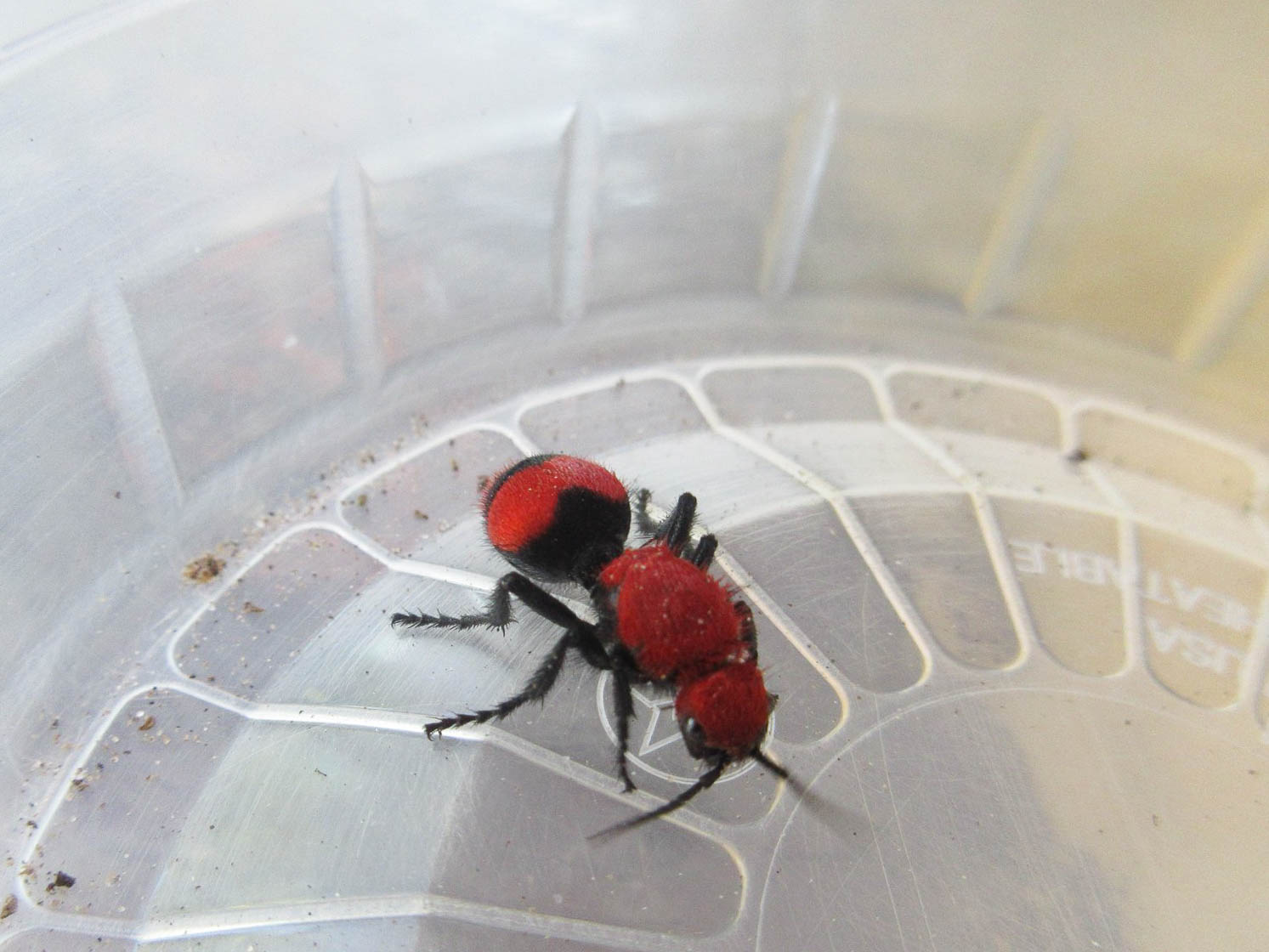
However, often there is no particular reason why you find them. They aren’t attracted to garbage or human waste. So, most of the time, discovering a velvet ant is purely random.
What don’t they like?
The most common way of repelling velvet ants is through the use of an insecticide. Spraying your lawn with insecticide will discourage velvet ants from coming onto your property to forage. However, suppose you do live in an area with velvet ants. In that case, it can be sensible to wear sturdy footwear capable of taking a velvet ant sting. It would be best if you also educated young children about the dangers of velvet ants. If you still want to get rid of them, then hire an exterminator.

